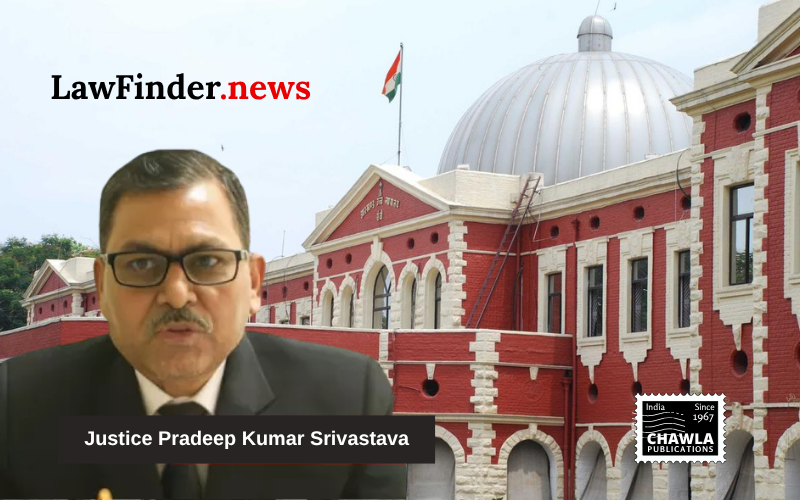Jharkhand High Court Restores Trial Court's Verdict in Landmark Hindu Joint Family Property Dispute. The court emphasizes the presumption of jointness in Hindu families, invalidating an appellate court's reversal based on conjecture.
In a significant ruling, the Jharkhand High Court has overturned a decision by a lower appellate court in the case of Ashok Kumar Mahto @ Ashok Mahato v. Sasadhar Mahto, reaffirming the principles governing Hindu joint family property. The High Court, presided by Justice Pradeep Kumar Srivastava, restored the original judgment of the Trial Court, which had dismissed the suit filed by the plaintiff, Ashok Kumar Mahto.
The case revolved around the ownership and partition of a property situated in Amlagora Mauza, P.S. Chakulia, East Singhbhum. The plaintiff, Ashok Kumar Mahto, claimed exclusive ownership of the property based on a sale deed executed by the heirs of his uncle, Kanu Mahto, who he alleged had partitioned the property along with his brothers. However, the Trial Court initially found no evidence supporting this claim of partition by Metes and Bounds among the family members, maintaining the presumption of jointness inherent in Hindu family property laws.
The First Appellate Court had previously reversed this finding, relying heavily on the plaintiff's assertions of partition and separate possession, which the High Court now deemed as conjectural and lacking substantive evidence. The appellate court's decision was challenged on the grounds that it did not establish a definitive timeline or evidence of partition, crucial for altering the status of joint family property.
Justice Srivastava emphasized the legal presumption that a Hindu family remains joint and undivided until proven otherwise. He highlighted that mere separate living arrangements do not imply a legal partition of property. The High Court found that the appellate court had erroneously shifted the burden of proof onto the defendants, rather than requiring the plaintiff to substantiate claims of partition.
The judgment reiterated that properties acquired by a coparcener remain joint family property in the absence of a proven partition, and any sale deed executed without a valid partition does not confer exclusive title. This decision aligns with precedents set by the Supreme Court, underscoring the legal framework protecting joint family properties.
The ruling is expected to have significant implications for similar cases concerning the presumption of jointness in Hindu family properties, reinforcing the burden of proof required to claim exclusive ownership through partition.
Bottom Line:
Presumption of jointness in Hindu families - Until contrary is proved, every Hindu family is presumed to be joint and undivided, and all its property is presumed to be joint.
Statutory provision(s): Hindu Law - Presumption of jointness in Hindu families, Civil Procedure Code, 1908 - Second Appeal - Substantial question of law.
Ashok Kumar Mahto @ Ashok Mahato v. Sasadhar Mahto, (Jharkhand) : Law Finder Doc Id # 2784205




